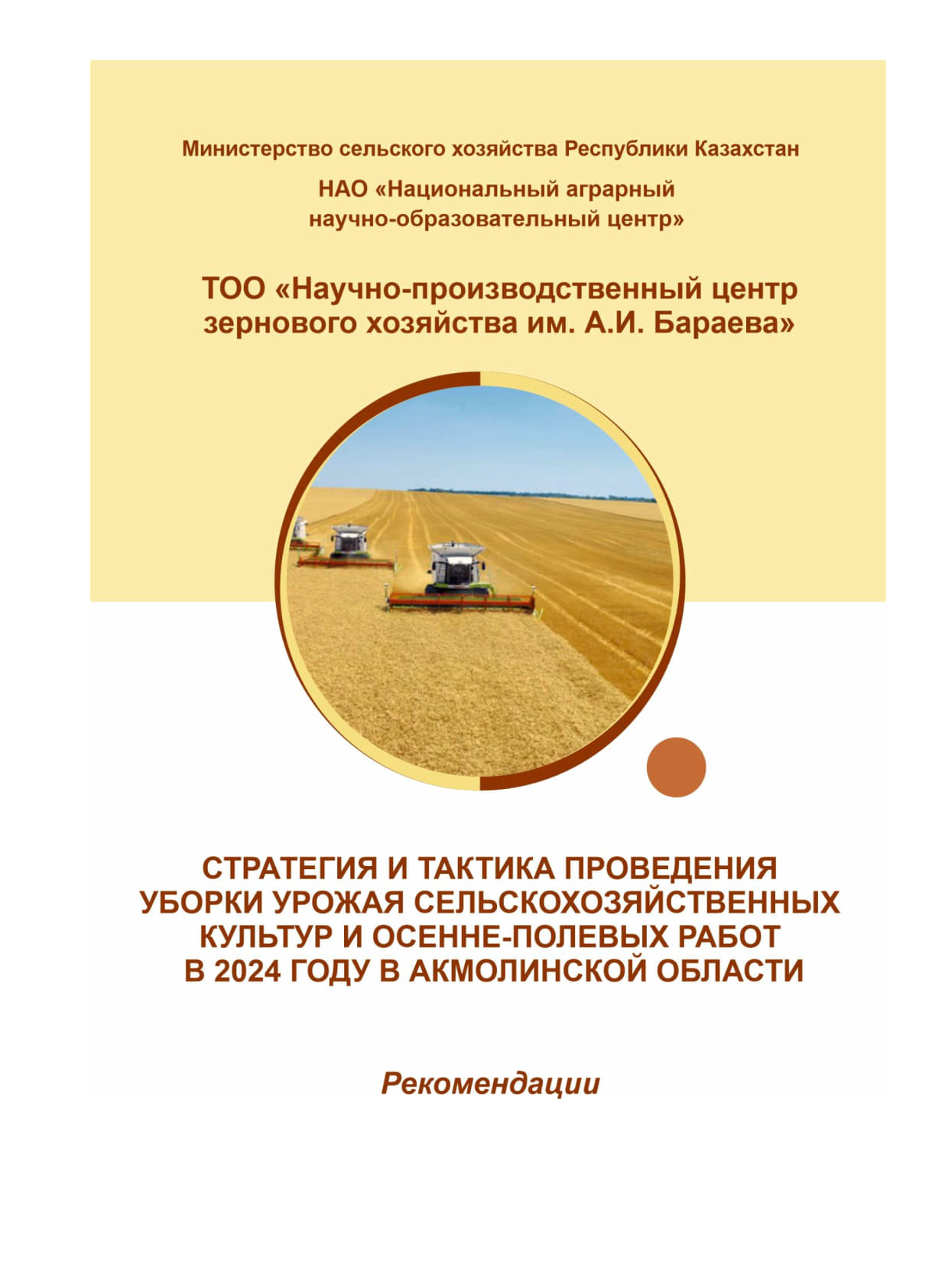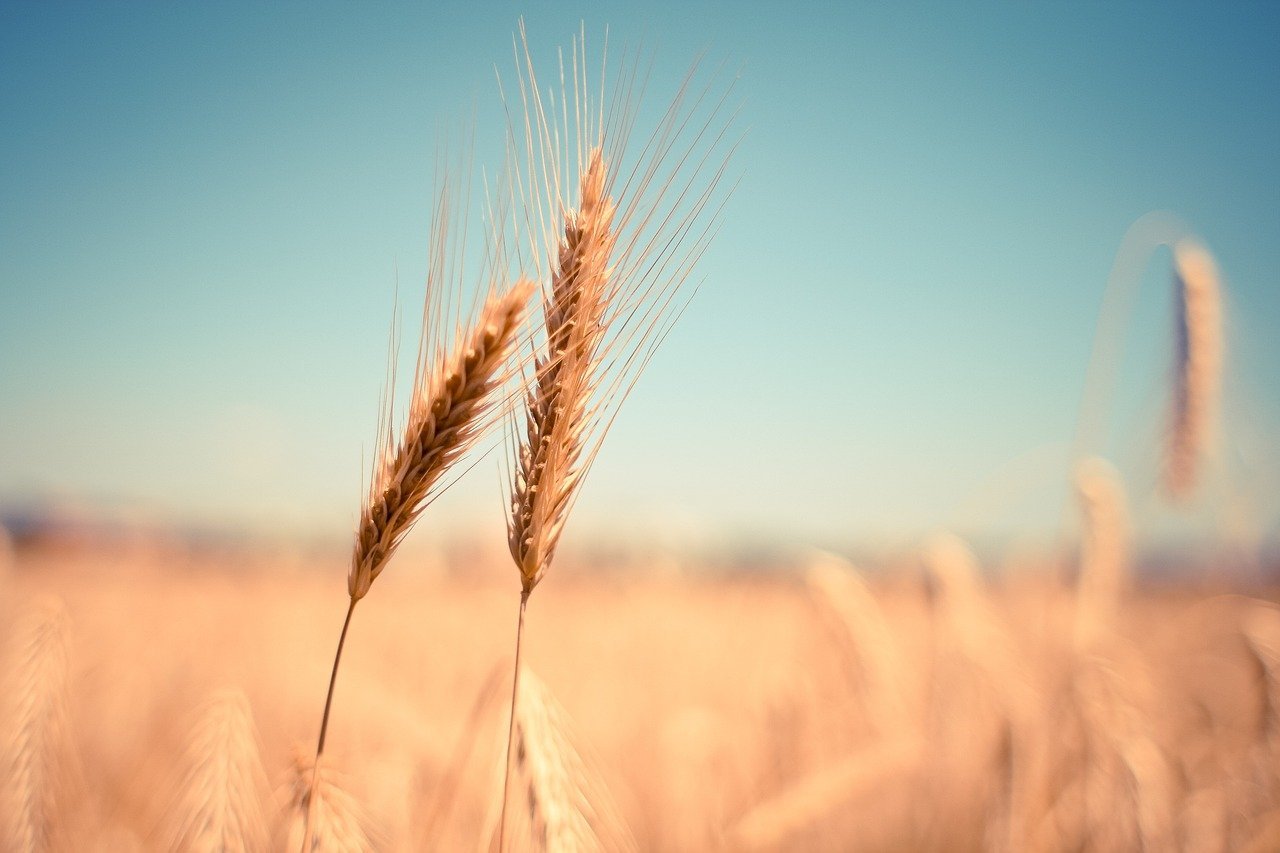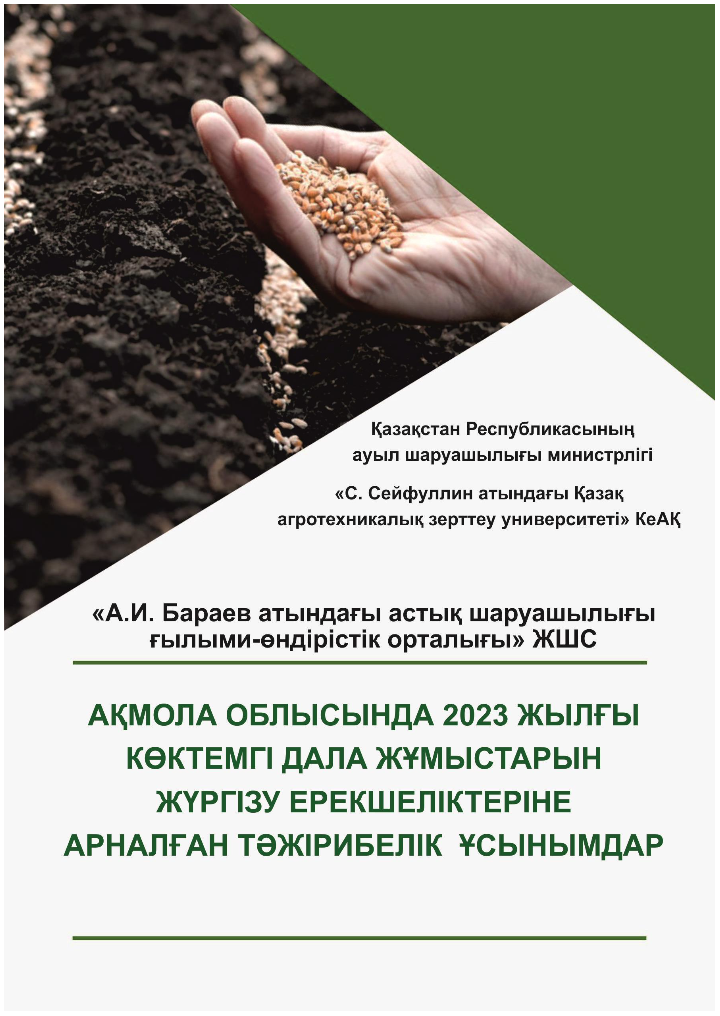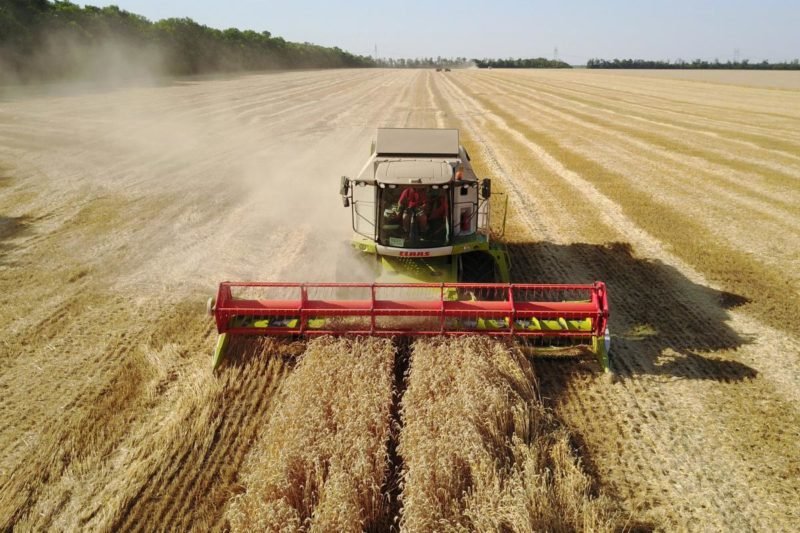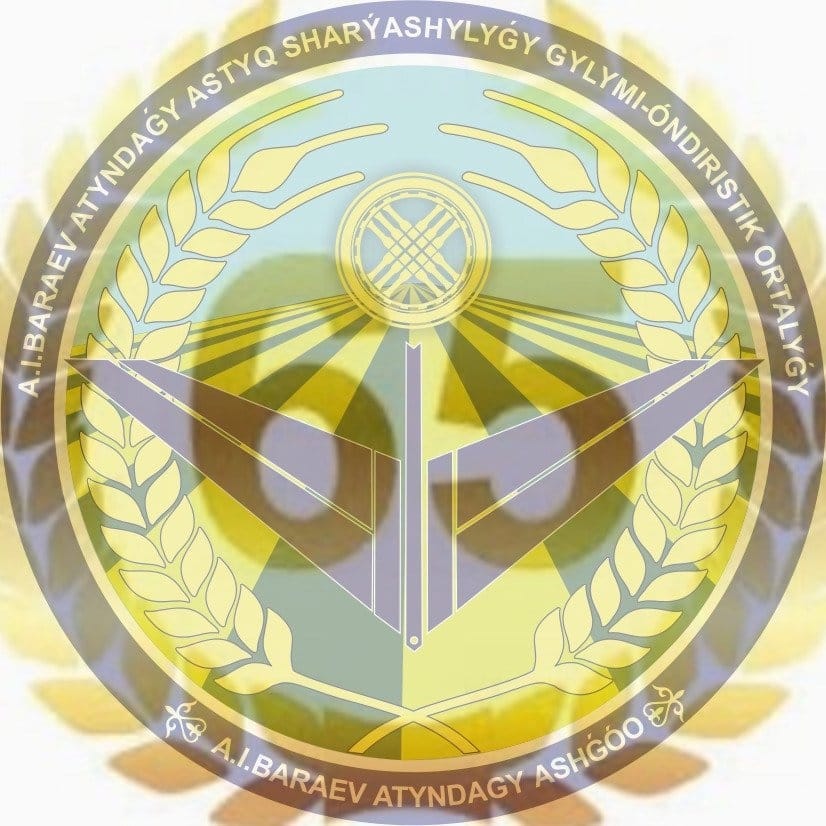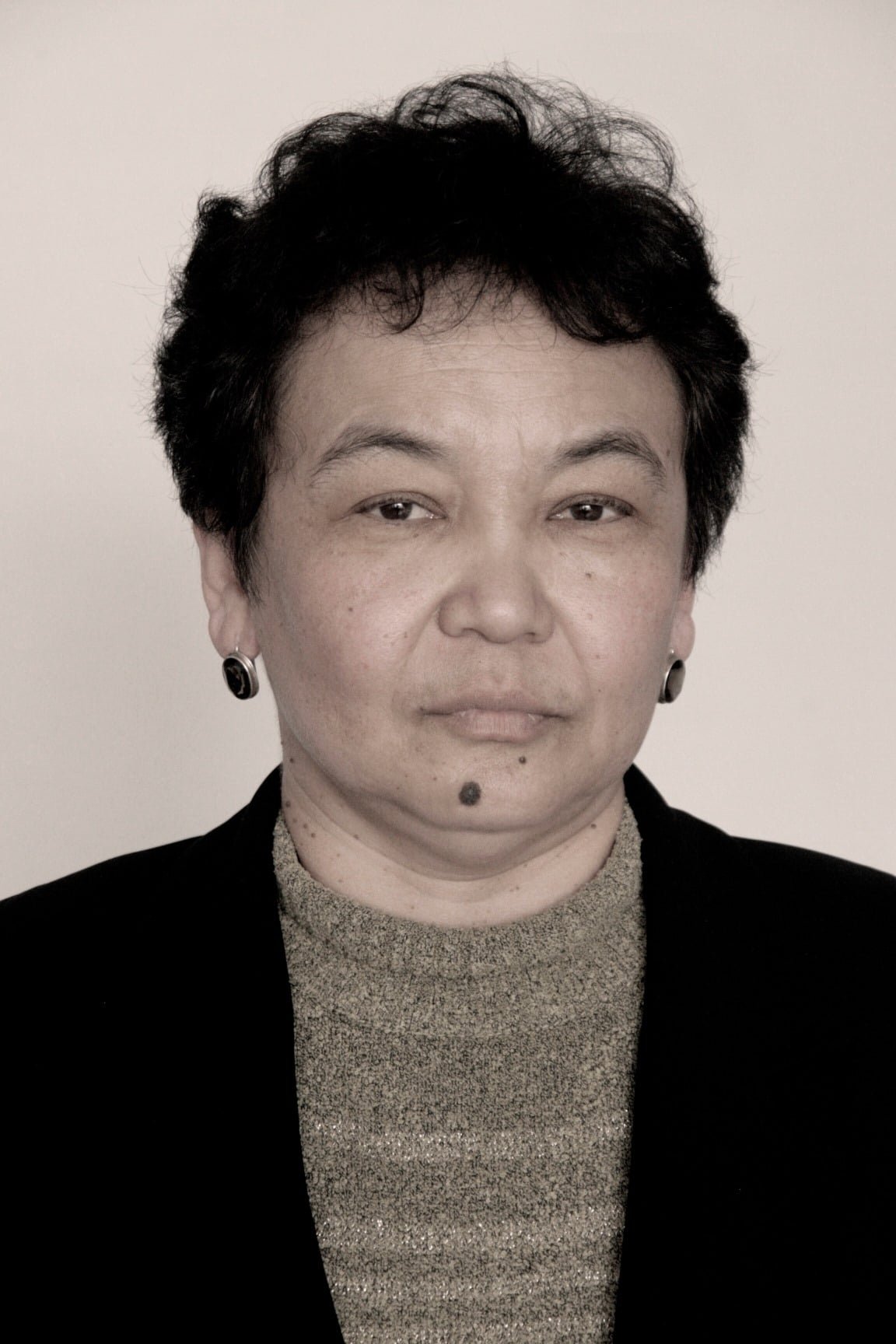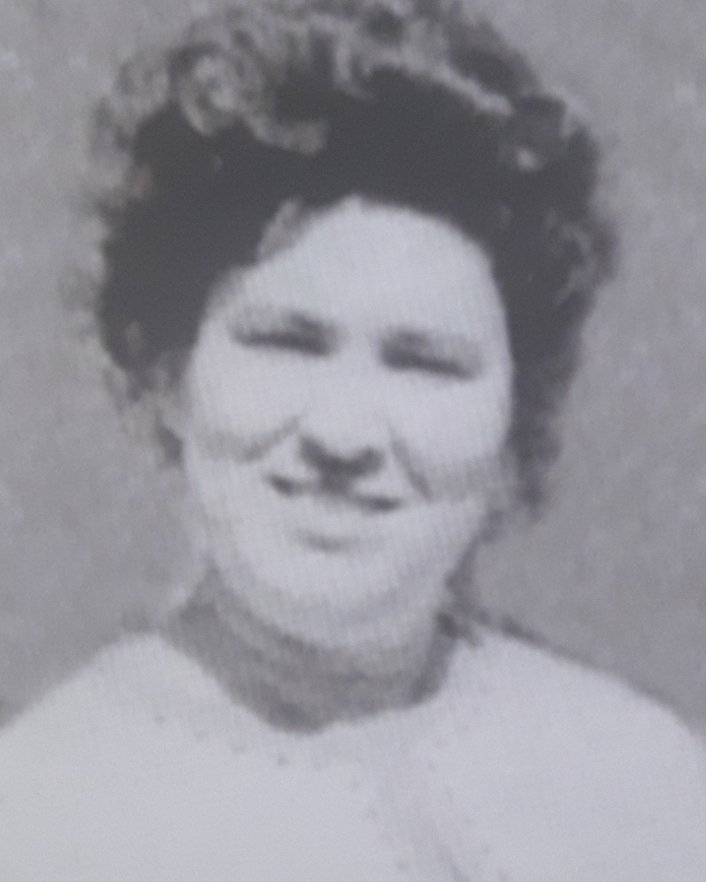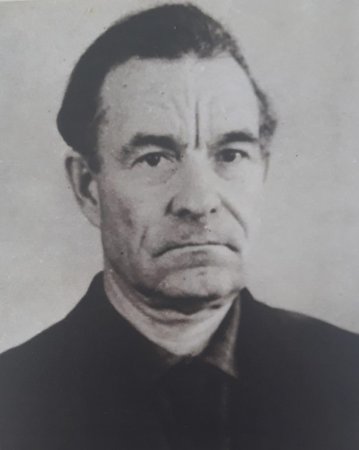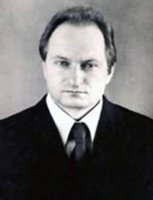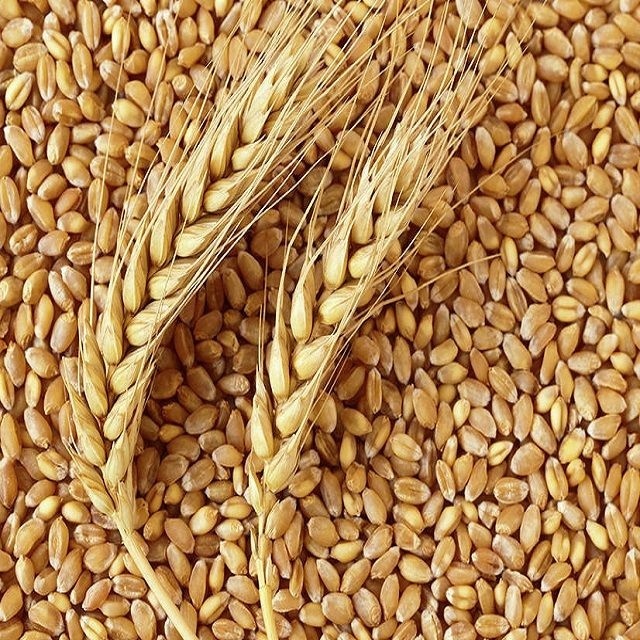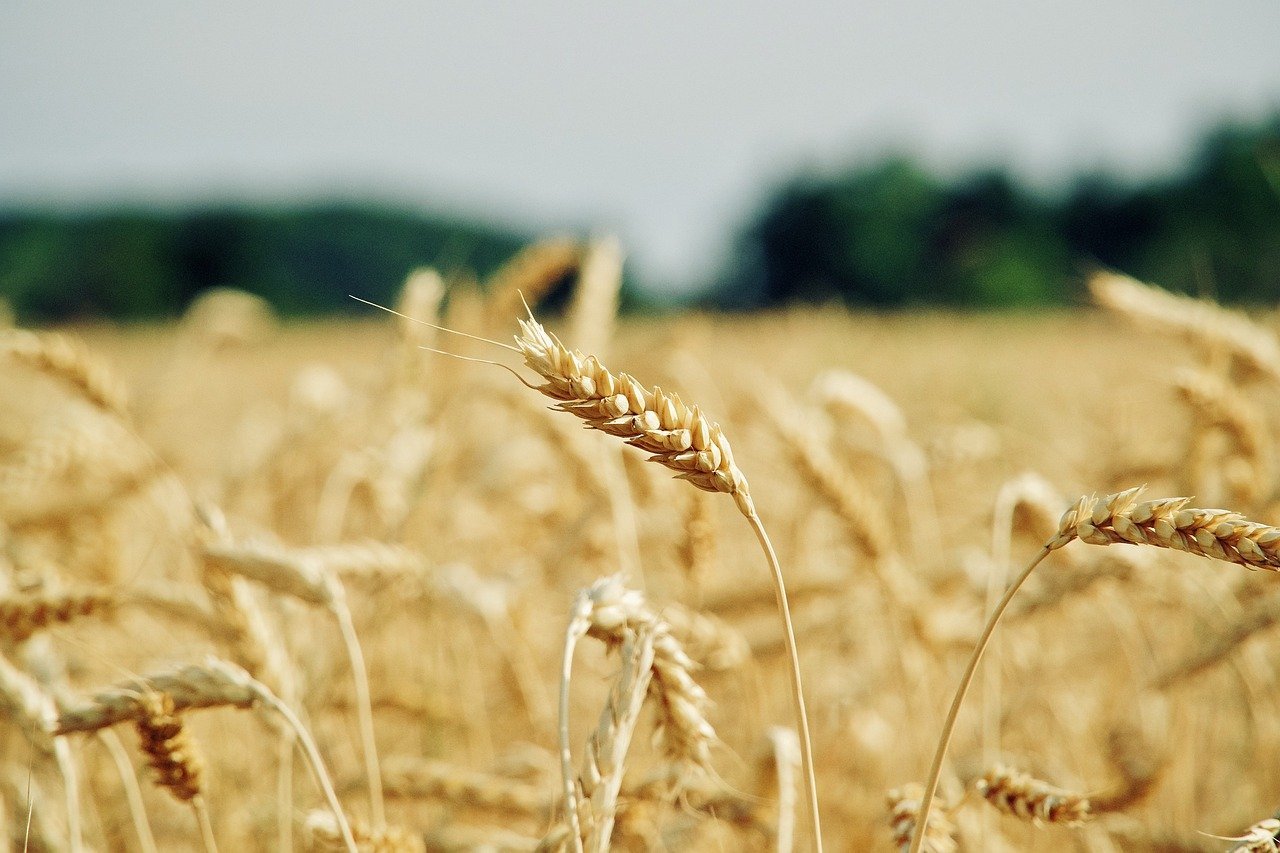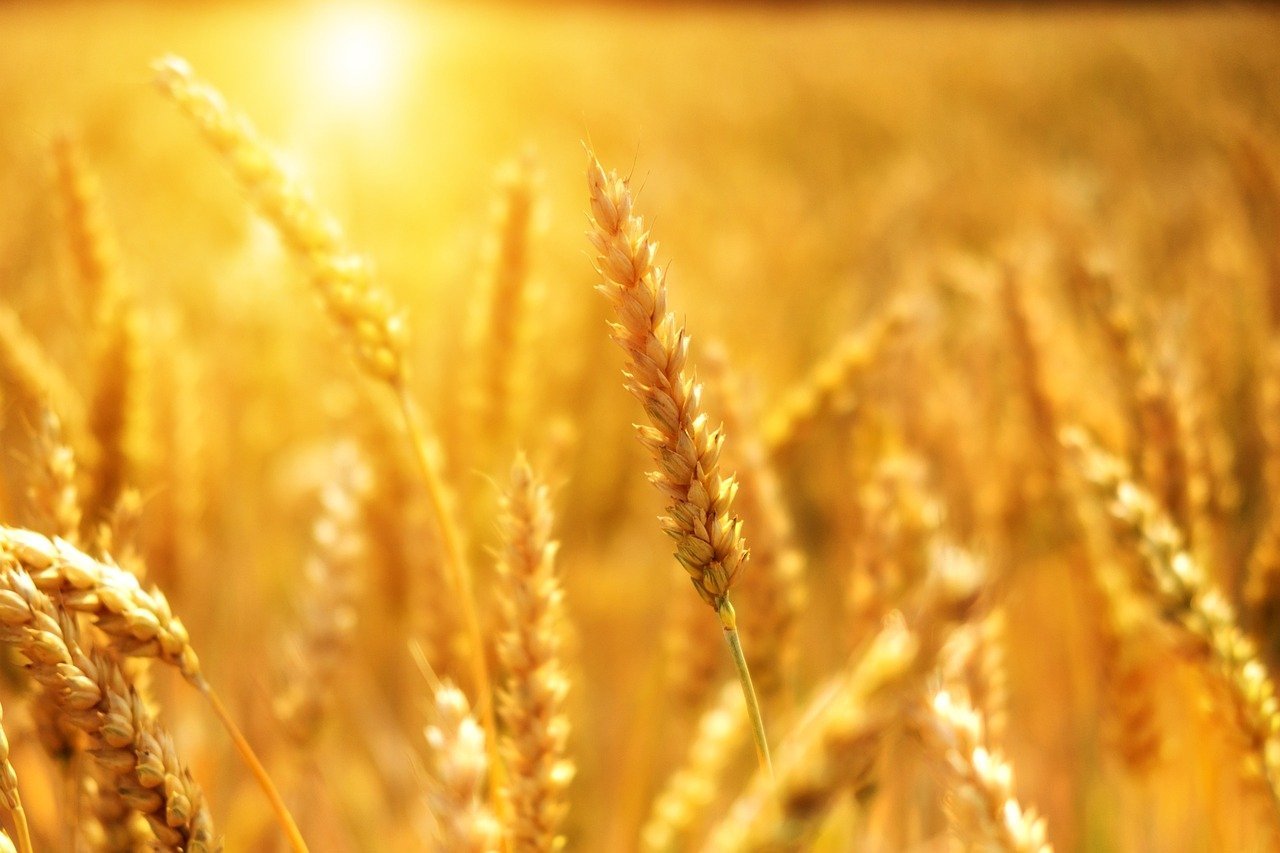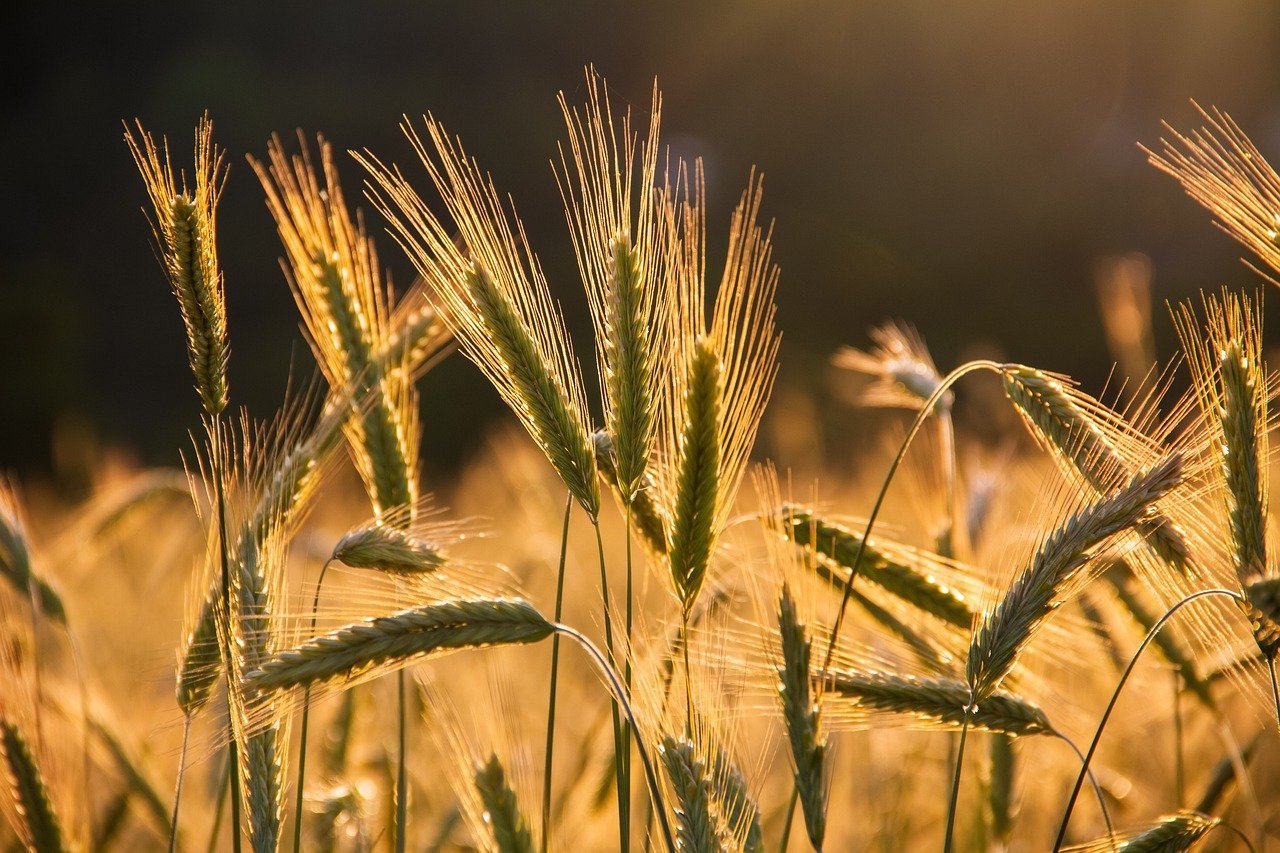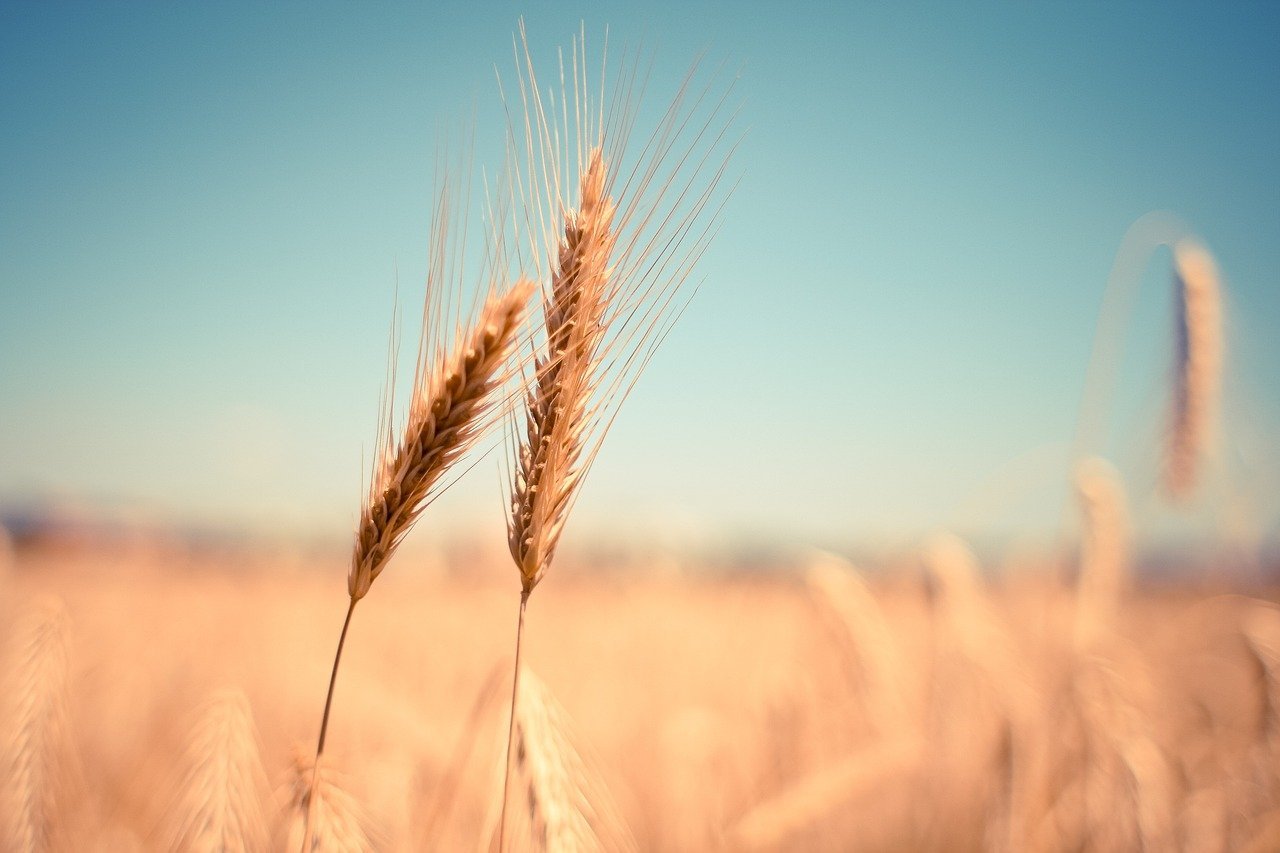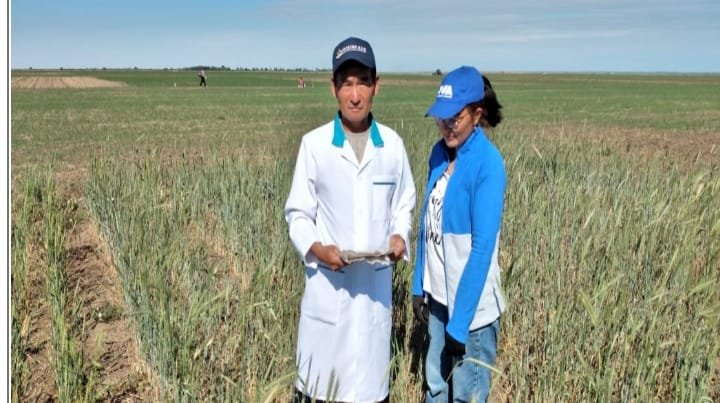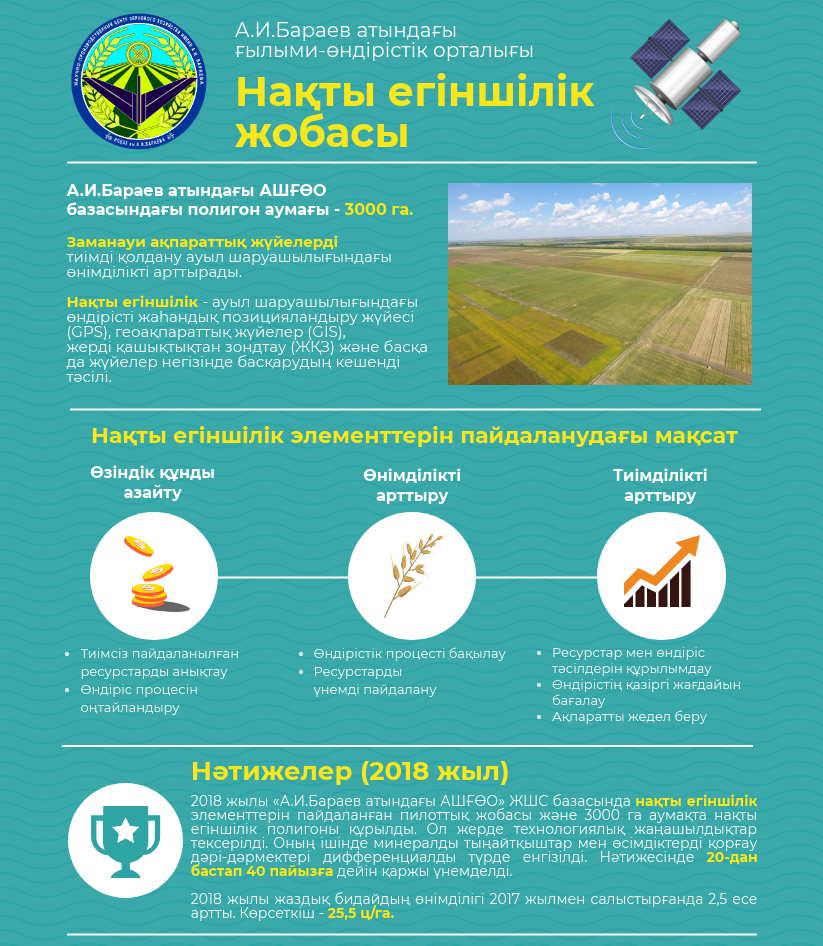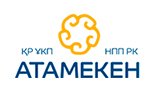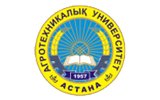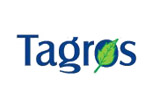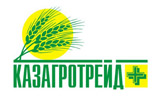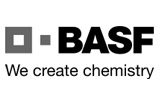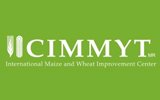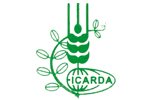U. Uspanov Kazakh Research Institute of Soil Science and Agrochemistry is 75 years old
News
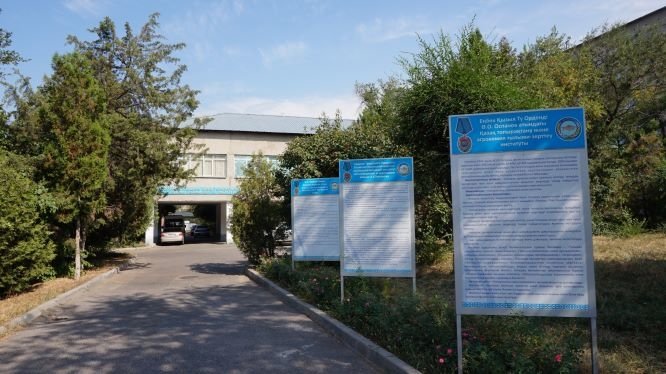
Order of the Red Banner of Labor Institute of Soil Science, now the U.U. Uspanov Kazakh Research Institute of Soil Science and Agrochemistry, is the leading institution in the republic engaged in fundamental and applied research in the field of soil and agrochemical science.
The Institute was organized in 1945 on the basis of the soil sector of the Kazakh branch of the Academy of Sciences of the USSR, until 2002 it was introduced by the Academy of Sciences of Kazakhstan, the Ministry of Education and Science of the Republic of Kazakhstan, on June 28, 2002 transferred to the Ministry of Agriculture of the Republic of Kazakhstan (PPRK No. 704), on May 23, 2008 it was transformed into LLP "Kazakh Scientific - Research Institute of Soil Science and Agrochemistry named after U. U. Uspanov. "
KazNIIPA LLP is a subsidiary of the National Agrarian Research and Education Center NJSC.
Mission of the Institute: scientific support of food security of the country based on the reproduction of soil fertility, rational use of soil resources and agricultural lands.
The main specialization is soil science, agrochemistry and soil ecology.
The main directions of scientific research are: conservation, scientific foundations of the rational use and reproduction of soil fertility; study of the patterns of soil and soil cover formation, and their assessment based on GIS technologies, with the compilation of soil and thematic maps (soil maps of various scales, degradation maps,maps of agro-industrial grouping of soils; assessment of soil-reclamation and soil-ecological state, agrochemical survey of agricultural lands with the preparation of maps of salinity, pollution, agrochemical cartograms of fields; improvement, development and implementation of innovative technologies, methods of increasing soil fertility and productivity of agricultural crops.
Services provided by the institute: scientific support of the results of scientific developments and technologies of the institute in production; consulting services for the preparation of soil maps and agrochemical cartograms, for the rational use of soil resources and agricultural lands, the provision of services for the analysis of soils of more than 30 types, as well as water, plants and fertilizers.
The Institute has 7 scientific subdivisions, departments: geography, genesis and soil assessment; agrochemistry and soil ecology; reclamation of saline soils; soil fertility and biology; development of new technologies; scientific and information support; accredited laboratory for chemical analyzes.
The staff of the Institute: 102 employees, including 4 doctors of sciences, 17 candidates of sciences, academician of the National Academy of Sciences of the Republic of Kazakhstan, academician of the Academy of Agricultural Sciences of the Republic of Kazakhstan, 4 doctors of PhD, 30 masters. Young employees (under 35) make up 45%. In 2017-2020 7 employees of the institute were trained in doctoral studies (RK, PRC). The average age of the Institute's scientists is 43 years.
The Institute is a co-founder of the International Society of Soil Scientists (Kazakhstan, Russia, Turkey and Azerbaijan), a member of the Agrokhimekosodruzhestvo of the CIS countries, a member of the FAO Global Soil Partnership and the Eurasian Soil Partnership. The Public Association "Society of Soil Scientists, Agrochemists and Agroecologists" was created. Maintains relations with international centers and universities such as ICARDA, CIMMYT, Xinjiang Institute of Geography and Ecology of the Academy of Sciences (PRC),Institute of Soil Science and Plant Cultivation (Poland), FOSFAN Spolka Akcyjna (Poland), Warsaw University, Research Center for Agricultural Landscapes named after I. Leibniz (ZALF) (Germany), Soil Institute named after V.V. Dokuchaev (Moscow), Institute of Soil Science and Agrochemistry SB RAS (Novosibirsk), All-Russian Research Institute of Agrochemistry, LLC Meshchersky Scientific and Technical Center, FSBEI HE RGAU - Moscow Agricultural Academy named after K.A. Timiryazev, Institute of Soil Science and Agrochemistry of ANAS (Azerbaijan), etc.
The Institute publishes a quarterly scientific journal "Soil Science and Agrochemistry" (languages - Kazakh, Russian, English), which covers the results of fundamental and applied research in the field of soil science, agrochemistry and other branches of biological and agricultural science. The journal contains articles by Kazakh and foreign scientists and specialists.
Annually, on the basis of the U.U. Uspanov Kazakh Research Institute of Soil Science and Agrochemistry, republican, international conferences, seminars, field days, round tables and coordination councils on fundamental and applied research, meetings, symposia, trainings and webinars on topical issues of soil science, agrochemistry and ecology, anniversaries of prominent soil scientists and agrochemists.
The institute has a branch of the department: "Soil Science and Agrochemistry" of the Kazakh National Agrarian Research University. Soil Museum with a unique set of soil monoliths and a scientific library.
On the Akdala irrigation area, there is a practical farm school for the dissemination of knowledge and the introduction of innovative technologies for rice cultivation.
The main achievements of the Institute:
During the period of formation and development of the Institute, scientists made a great contribution: soil maps of all administrative regions and a soil map of the Republic were compiled, 14 volumes of the serial monograph "Soils of the Kazakh SSR" were published; Kazakh sheets of the State Soil Map of the USSR; overview soil map of Kazakhstan; soil erosion map of Kazakhstan; soil halochemical map of Kazakhstan;
schematic map of the content of trace elements in soils of Kazakhstan; maps of solonetz soils in Kazakhstan; the principles of reclamation diagnostics and grouping of solonetz lands and effective technologies for reclamation and reproduction of fertility of soda-saline, highly alkaline and alkaline soils of the river valley have been developed. Chu.
Based on soil-geographical, soil-reclamation, soil-erosion and soil-geochemical studies and methods of soil reclamation in disturbed areas, and with extremely low natural soil fertility, the following were compiled: thematic soil maps, soil classification; the assessment of soils for all natural zones is given; recommendations for increasing fertility, protection and rational use of soil resources.
Materials of scientists of the Institute were included in the composition: "Soil Map of the World", approved by the International Congress of Soil Scientists (1969); "Soil Map of Asia", approved by the X International Congress of Soil Science (1974); International Guidelines for Irrigation and Drainage in Arid Lands published by UNESCO in London (1972) and Paris (1986).
In the scientific achievements of the Institute, the great merit of prominent soil scientists U.U. Uspanov, V.M. Borovsky, Zh.U. Akhanov, A.S. Saparov and many others, who created a scientific school and trained soil scientists-geographers, soil scientists-meliorators, soil scientists-ecologists, agrochemists, etc.
The Institute's successes are marked by many government awards, including the Order of the Red Banner of Labor (1974) for the development of virgin and fallow lands, the Jubilee Honorary Badge of the Central Committee of the CPSU, diplomas of the Presidium of the Supreme Soviet of the USSR, the Council of Ministers of the USSR, the All-Union Central Council of Trade Unions, two gold, two silver and seven bronze medals VDNKh USSR, the gold medal of the International Fund "For high quality in business practice."For the development of the "Scientific foundations of soil reclamation assessment to substantiate the development of irrigation in Kazakhstan" the staff of the Institute was awarded the State Prize of the Kazakh SSR (Borovsky V.M., Akhanov Zh.U., Karazhanov K.D., Kornienko V.A., Orlova M .A., Pachikina L.I.) (1984); In 2011, Doctor of Agricultural Sciences Kan V.M. was awarded the State Prize of the Republic of Kazakhstan in the field of science and technology for participation in the work: "Technology of creation and organization of production of biological product" Kazbiosil "" Rizovit-AKS "" Bakoil-KZ ".
Scientific achievements of the Institute during the period of independence of the Republic of Kazakhstan
In the field of soil science:
1. A scientific discovery in the field of plant biology "Regularity of the influence of the above-soil layer of water on the growth and development of plants (rice)" (2009) was registered.
2. Modern electronic versions of soil maps of various scales using GIS-technologies and thematic maps of a number of regions of Kazakhstan have been compiled.
4. Techniques have been developed for the development of fallow, waste and unused low-productive lands that have come out of agricultural use and measures to improve arable land from pollution by heavy metals.
In the field of agrochemistry and ecology, the following have been developed:
1. Techniques for optimizing plant nutrition and effective methods for obtaining biomineral and bioorganic fertilizers based on zeolite and processing agricultural waste.
2. Innovative technologies for increasing soil fertility and productivity of agricultural crops using biological products, biomineral and bioorganic fertilizers.
3. Methods for increasing biological productivity, transformed in the conditions of aridization of the soils of the dried day of the Aral Sea (on the example of the Kozzhetpes valley).
4. Recommendations for the restoration of phytotoxic dumps of the Tishinsky polymetallic deposit in the East Kazakhstan region.
The following results of the Institute are competitive
Modern electronic versions of zonal soil maps of Kazakhstan at a scale of 1: 500000 using GIS technologies, thematic maps of land resources and the current state of the soil cover.
Assessment of the current state of soils, with the identification of changes in their morphogenetic properties as a result of the impact of various anthropogenic factors to determine the degree of preservation of the natural soil cover, identify ecologically unfavorable territories that are promising in terms of expanding the network of specially protected objects, as well as carrying out nature restoration work.
LLP "Kazakh Research Institute of Soil Science and Agrochemistry named after U. U. Uspanov" has extensive experience in compiling digital soil maps using GIS technologies and remote sensing materials. Large regional soil maps of scale 1: 500000 (Semirechye, Zhambyl, South Kazakhstan (now Turkestan) regions), the modern delta of the Syrdarya river and the dried bottom of the Aral Sea have been developed; Shet district, Karaganda region (M 1: 100000). The National Atlas of the Republic of Kazakhstan published: a map of soil-geographical and natural-reclamation zoning of plain Kazakhstan (M 1: 500000). The Atlas of Natural and Technogenic Hazards and Risks of Emergency Situations published maps: "The danger of soil erosion and deflation", "The danger of desertification of the soil cover", "The danger of desertification" (1: 500000). In the Atlas of the Mangistau region there are maps: "Soils" and "Soil degradation" (M 1: 500000).
Technology for increasing the fertility of degraded soils and the productivity of agricultural crops. The technology allows the use of secondary drainage and waste waters with salinity up to 3 g / l without their preliminary flushing (saving irrigation water); increases the yield of rice by 25% or more. The rate of application of phosphorus fertilizers is halved.
Technology for increasing the fertility of saline soils and the productivity of grain corn. Increases the productivity of corn from 20 to 60 percent or more, provides an increase in root mass by 96 -119% compared to the traditional one.
Methods for increasing the productivity of winter wheat, spring barley, soybeans, corn for grain, rice, cotton and other crops based on the use of bioorganic fertilizer - "BioEcoGum". The use of "Bioecogum" increases the yield of agricultural crops by 25-70%, the cost of using fertilizers is reduced by 4-5 times.
Drip irrigation of rice cultivation in saline lands. Drip irrigation helps to reduce the activity of recovery processes in the soil, which is one of the important factors in increasing the effective soil fertility of rice fields. For 3 years of research carried out during the growing season of rice cultivation, 17.6 thousand m3 per hectare or 58.6% of irrigation water were saved. Seed consumption per 1 hectare with constant salinity is 280-300 kg, and with drip - 24.9 kg, i.e. less by 11-12 times or saving 92%.
The Institute's developments are being introduced in the fields of farms and peasant farms in the Almaty, Turkestan and Kyzylorda regions in the cultivation of cereals, legumes, grain corn, cotton, rice and other crops.
Over the past three years, the scientists of the institute have carried out work within the framework of the budget program 267 "Increasing the availability of knowledge and scientific research" subprogram 101 "Program-targeted financing of scientific research and activities" on the topic: "Problems of irrigated saline soils of the Turkestan region and their solution based on the technologies for increasing soil fertility and productivity ". In 2018-2019, in the Turkestan region, on the fields of 48 farms, implementation was carried out on an area of 1007 hectares. The introduction of the Institute's technology provided an increase in the yield of corn for grain by 5.5-31.5%, depending on the degree of soil salinity. The economic efficiency of the introduction of technology in the cultivation of corn for grain in comparison with the existing technology varied on saline soils from 29.4 thousand tenge / ha to 162.6 thousand tenge / ha. Seminars were held annually to train agricultural producers and farmers in the basics of technology to increase crop yields.
In 2017-2020, scientists of the institute commercialized 2 scientific projects:
"Biotechnological method for obtaining modified polyfunctional biomineral and bioorganic fertilizers." When the bio-organic fertilizer "BioEcoGum" was used on an area of 90 hectares, the yield of raw cotton increased by 45.5%.
"Reclamation and development of saline soils for forest plantations in the green protective zone of Astana." The development of saline lands was carried out using a new technology of chemical reclamation, increasing the survival rate and productivity of forest crops in the protective zone of Nur-Sultan by reproducing the fertility of reclaimed soils using the biotechnological product of bioorganic fertilizer "BioEcoGum". A demonstration site was created on saline soils on an area of 30 hectares. The survival rate of seedlings is 95%.
The development plan of the Institute is based on the country's long-term priority: "Strategy - Kazakhstan 2050", which provides measures for the sustainable development of the agricultural sector, in particular the improvement of existing and development of new agricultural technologies for growing crops based on the preservation and reproduction of soil fertility.
1 897 -рет қаралды
